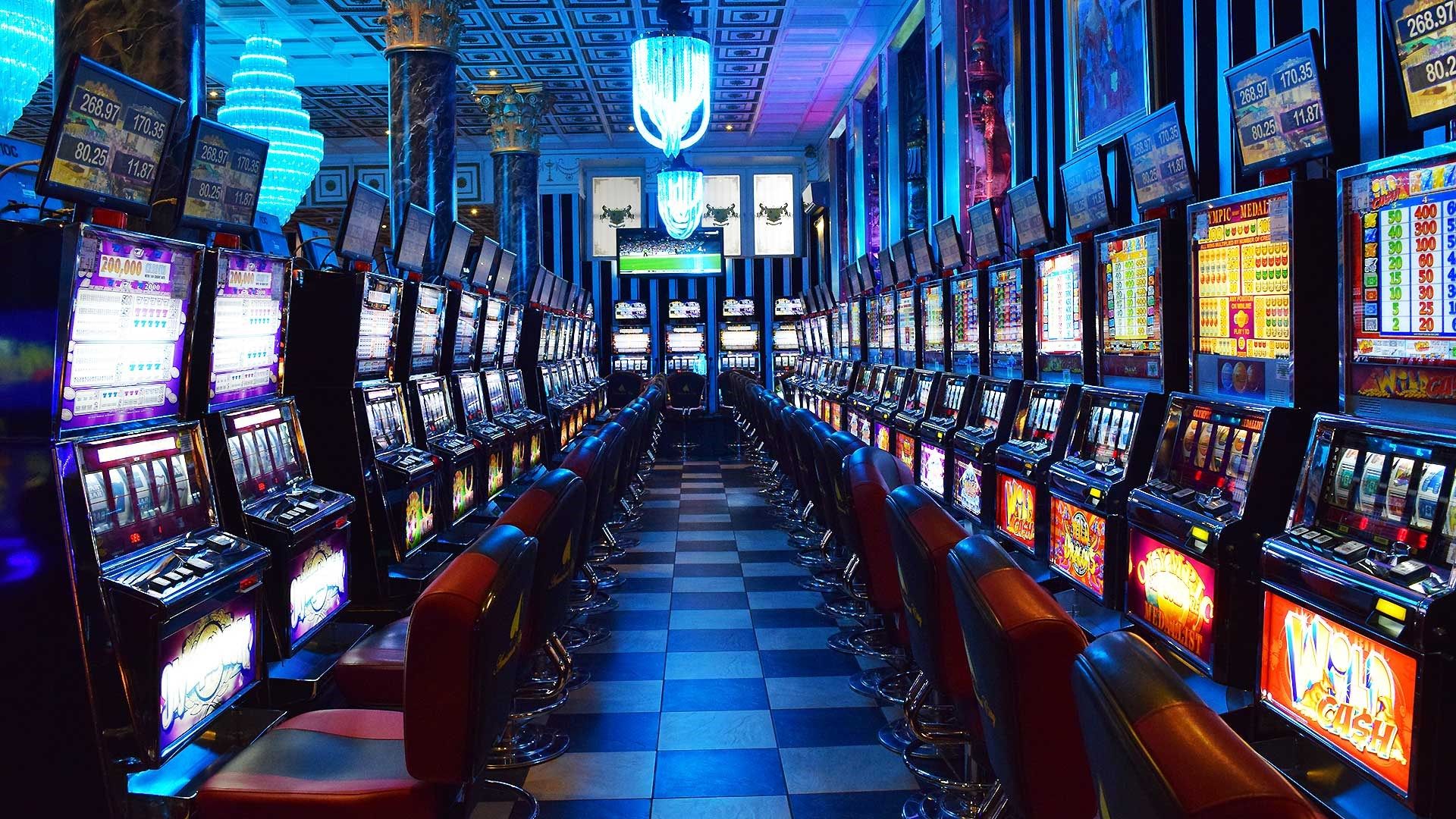
When we think of casino games, the initial pictures that frequently cross our minds are those of spinning wheel devices, poker tokens clattering on felt tables, and cubes flying across a gaming surface. While many consider these games as simple pastimes fueled by luck, a more profound exploration reveals a fascinating blend of strategy, skill, and social engagement that elevates them far beyond basic luck. Whether you are a seasoned player or a curious newcomer, grasping the subtleties of these games can greatly enhance your enjoyment and understanding.
Casino games have evolved over hundreds of years, with different cultures contributing to their diverse backgrounds and different forms. From the intricate tactics of blackjack to the bluffing tactics in card games, players engage in a battle of wits as much as a risk on odds. This exciting interplay between chance and skill creates a thrilling atmosphere that draws countless people to casinos worldwide. As we delve into the realm of table activities, we will reveal the methods that can shift the odds in your favor and the community aspects that make these activities a popular choice for entertainment and interaction. FB88 GENZ
The Approach Behind Table Games
Table gaming frequently involve a blend of ability and luck, which makes them intriguing for players who enjoy a test. Every title has its unique set of rules and strategies that can influence the results. For example, in games like 21, participants are required to use strategies like counting cards and grasping the probabilities to make smart decisions. This expertise can significantly improve their winning potential, differentiating seasoned participants from beginners who may rely solely on chance.
Conversely, titles such as roulette may appear to be entirely based on chance, but tactical thinking can also play into the equation. Players can select between different betting strategies, such as the Martingale strategy, where they raise the wagers after losses. This approach can create a more methodical way to the game. Understanding the odds of specific wagers can also assist participants make better decisions on the table, demonstrating that even in titles of luck, tactics can enhance the experience.
Furthermore, the game of poker is notable as a title that strongly emphasizes strategy. In contrast to most gaming titles, poker merges ability, mental acuity, and luck. Players must not only concentrate on the cards they are dealt but also take into account their rivals’ actions and wagering patterns. Mastering principles like position, pot odds, and reading bluffing is essential for success. This complexity of tactics in poker often leads to a more immersive experience for players, as their decisions and skills significantly impact the game’s outcome.
Grasping Chance and Ratios
In the realm of gambling games, probability and odds hold a critical role in determining a player’s possible results. Every match has its own set of guidelines that define how the probability of succeeding or failing is calculated. For instance, in games like blackjack, participants have a opportunity to influence their ratios through tactics, whereas in matches like the wheel, the outcomes are entirely governed by luck. Grasping how these probabilities are calculated can significantly impact how a gambler approaches the game.
Odds are typically shown in two forms: fractional and decimal. Ratio ratios show the proportion of the sum won to the amount staked, whereas numeric odds show the overall return for a successful bet, which includes the initial bet. For example, if a match has ratios of 5 to 1, this implies that for every one unit staked, a player could gain five units if they win. Những game casino hot nhất tại FB88 Understanding how to understand these odds allows players to evaluate their potential earnings and make more educated choices during gameplay.
Gamblers should also be conscious of the casino advantage, which is the casino’s built-in benefit over the players. Each match has a different advantage, and comprehending this concept is crucial for handling one’s hopes and budget. Activities with a reduced house edge, such as 21 and baccarat, typically offer superior ratios for players compared to activities like slots and keno. By understanding the connection between chance, odds, and the house edge, gamblers can improve their gambling experience and plan more effectively.
The Exciting Aspect of Table Gaming
Table games at gaming establishments are often seen as a hub of community engagement, bringing participants together in a shared experience that extends far beyond the mere act of gambling. The atmosphere at a poker table can be vibrant, with gamblers engaging not only with the game itself but also with each other. Laughter, excitement, and, sometimes, playful teasing create connections that enhance the overall enjoyment of the gaming experience. This communal aspect can turn a solitary endeavor into a dynamic gathering, making table games particularly enticing.
One of the intriguing elements of gaming at tables is the way it fosters friendship among players. Whether it’s collaborating to defeat the dealer at a dice table or exchanging tales between hands in a card game, the environment encourages communication. Participants often share tips or strategies, creating a sense of community that enhances the fun. This interpersonal atmosphere can make new gamblers feel included and less daunted by the competitive nature of casino games. As the game progresses, friendships may form, leading to a sense of belonging that keeps participants coming back to the table.
Moreover, the social aspect of gaming at tables extends beyond just the participants. Casino staff play a vital role in facilitating interaction and maintaining the flow of the game. Their ability to engage gamblers with friendly conversation and their expertise in managing the table can create an inviting atmosphere. This connection between participants and dealers adds another layer of enjoyment, where players feel bonded not only to one another but also to the staff. Such interactions are often what make the experience unforgettable, as participants leave with stories to tell and connections made, reinforcing the notion that table games are truly about something greater than luck.